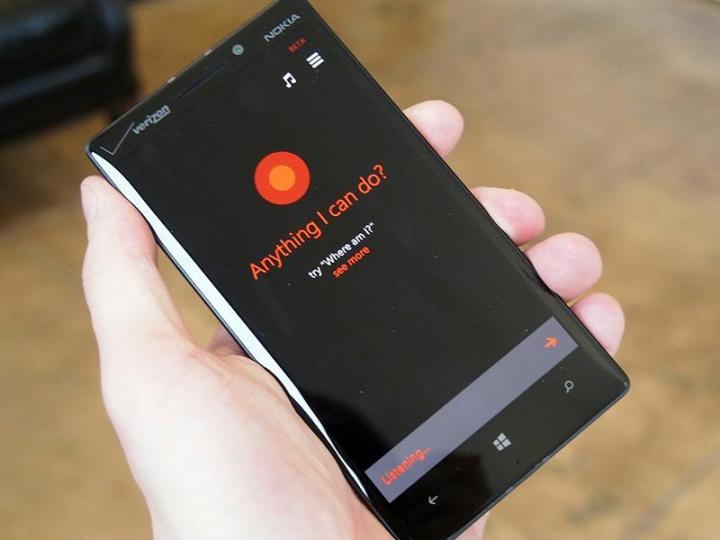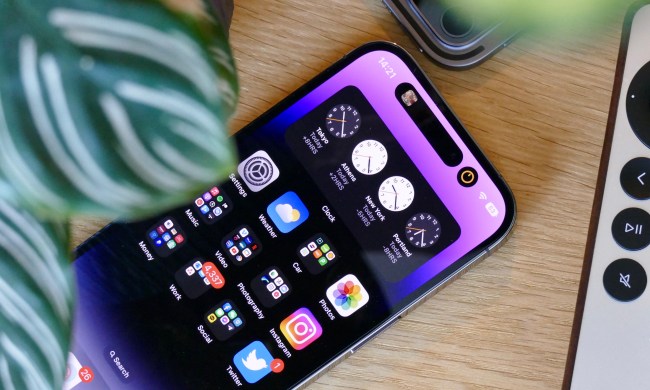
Initially compared to Siri and Google Now, Microsoft has been referring to Cortana as a “personal assistant” for some time now. At times, it seems that the company goes out of its way to avoid referring to Cortana as software, preferring to refer to it as “her” and “she” instead. A large part of Cortana’s identity is drawn from the character of the same name in the Halo franchise.
More so than either Siri or Google Now, Cortana makes use of artificial intelligence, drawing from an internal Microsoft project called Einstein. “This kind of technology, which can read and understand email, will play a central role in the next roll out of Cortana, which we are working on now for the fall time frame,” said managing director of Microsoft Research Eric Horvitz, speaking to Reuters.
As research from the Einstein project makes progress, Microsoft is using it to enhance Cortana’s abilities, and while these new features will debut in Windows 10, it’s likely that they will make their way to the standalone apps as well.
Cortana is currently available on Windows phones and will come to computers later this year in Windows 10. Adventurous computer users can also get a look at Cortana in action by checking out the pre-release version of Windows 10 via the Windows Insider program. Microsoft hasn’t yet said when Cortana will come to iOS and Android devices, but it may be a while.
Bringing Cortana to other platforms might have seemed strange in the Steve Ballmer era of Microsoft, but since Satya Nadella has taken the position of CEO, Microsoft has been much more open with its software and technologies. In recent months, it’s brought many of its key mobile apps to both Android and iOS. It’s also become more common for smartphone makers to share software with other operating systems in general. Both HTC and Blackberry have opened up their apps to iOS and Android users, and almost all of Google’s apps are available on iOS.


